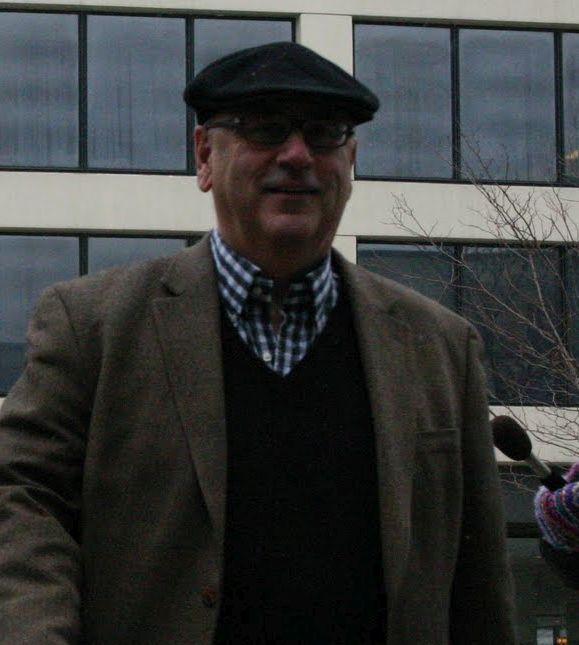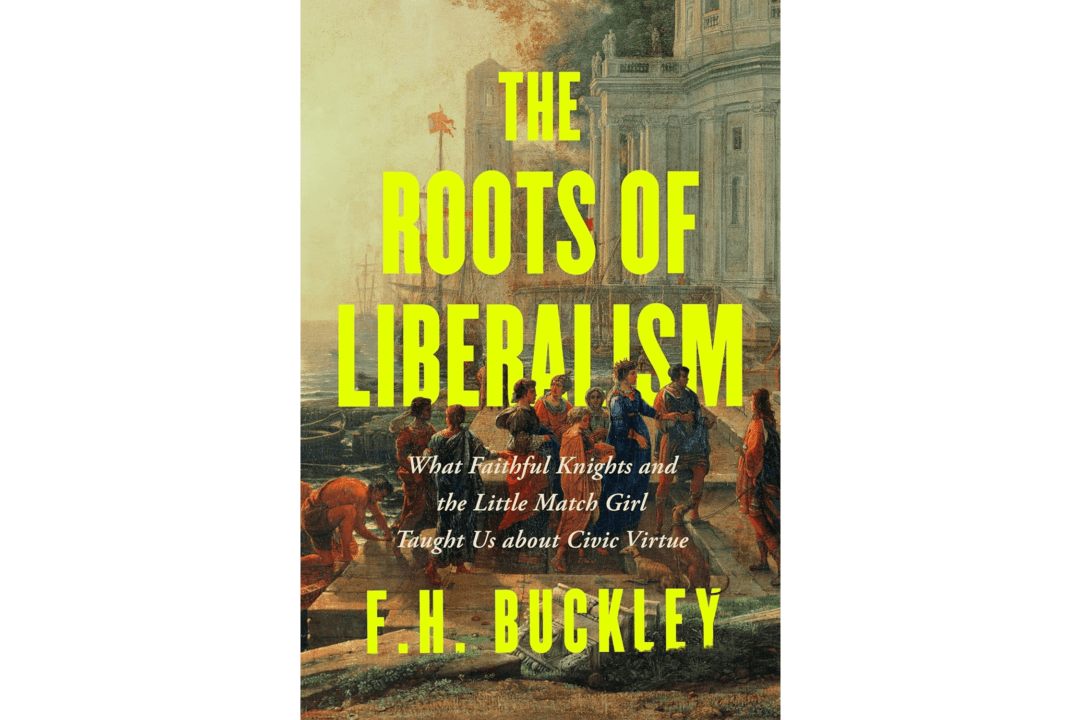How did we get here? Americans appear at a crossroads between the demand for individual rights and the demand for the common good, pushing their coexistence to the breaking point. F.H. Buckley, the foundation professor at George Mason University’s Scalia School of Law, suggests their coexistence relies on the idea of liberalism. This term is not being used in the political sense—at least not in the modern chaotic politics of liberal versus conservative. This form of liberalism—indeed, its true form—is rooted in the virtuous ideas and actions of the past.

Author F.H. Buckley in 2010. Linda Goldstein/CC BY-SA 3.0






